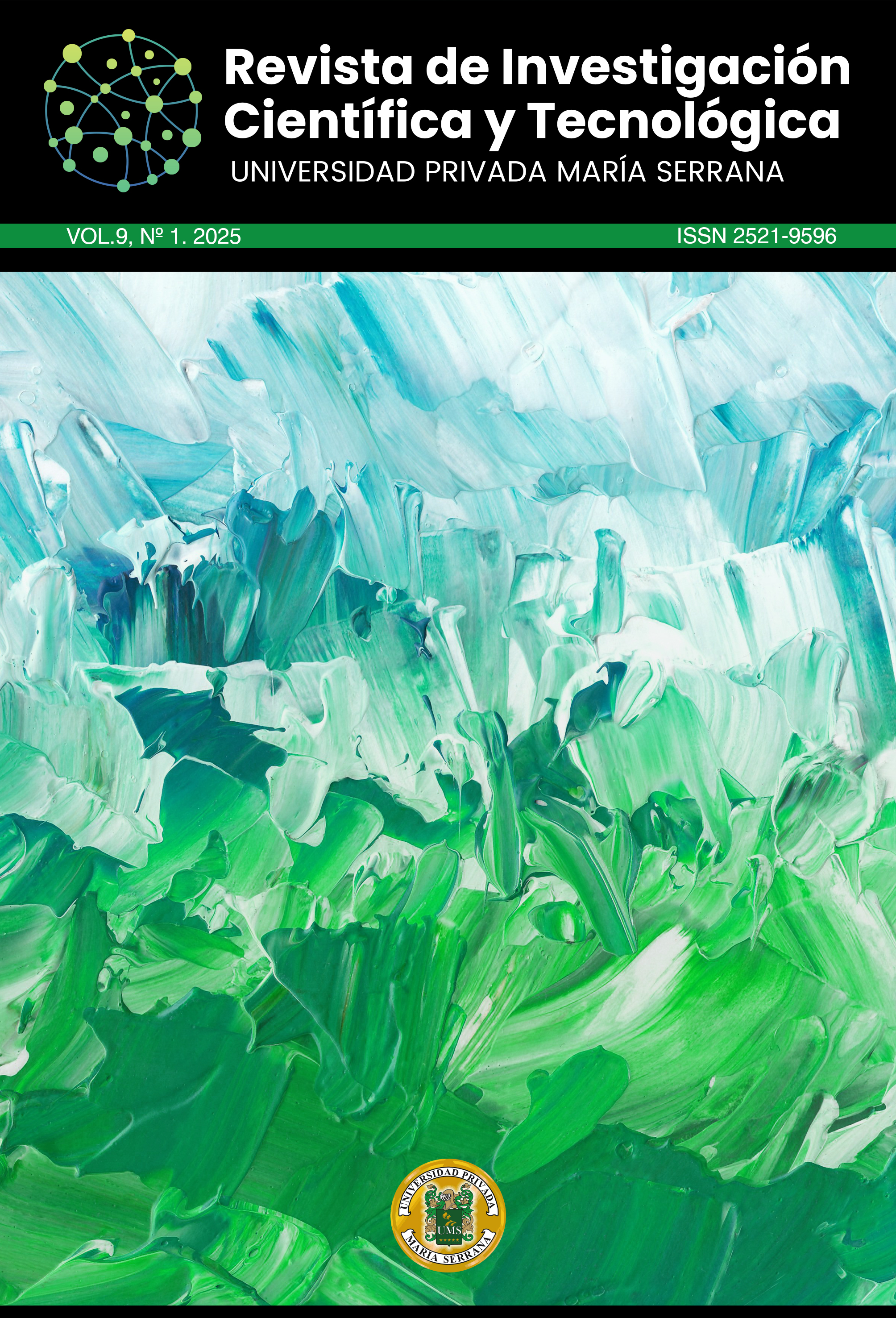Resumen
La irrupción de la Inteligencia Artificial (IA) en el ámbito científico ha transformado las formas de producir, analizar y comunicar conocimiento. Esta editorial reflexiona sobre las oportunidades y desafíos éticos que plantea su integración en la investigación académica. Se destacan los beneficios de la IA en áreas como la medicina, las ciencias sociales y la educación, así como su capacidad para optimizar procesos analíticos y predictivos. Sin embargo, también se abordan los riesgos asociados a la autoría automatizada, la opacidad algorítmica, la reproducción de sesgos y el uso irreflexivo de herramientas generativas. Se propone la necesidad de establecer lineamientos claros para su uso, junto con una alfabetización digital crítica en ética de datos e inteligencia artificial. La ciencia del siglo XXI debe integrar la IA como aliada estratégica, sin perder de vista los principios fundamentales de integridad, responsabilidad y beneficio humano.
Referencias
Bender, E. M., Gebru, T., McMillan-Major, A., & Shmitchell, S. (2021). On the dangers of stochastic parrots: Can language models be too big? Proceedings of the 2021 ACM Conference on Fairness, Accountability, and Transparency, 610-623. https://doi.org/10.1145/3442188.3445922
Blei, D. M. (2012). Probabilistic topic models. Communications of the ACM, 55(4), 77-84. https://doi.org/10.1145/2133806.2133826
Floridi, L. (2022). Ethics, governance, and policies for the future of artificial intelligence. Springer.
Jordan, M. I., & Mitchell, T. M. (2015). Machine learning: Trends, perspectives, and prospects. Science, 349(6245), 255-260. https://doi.org/10.1126/science.aaa8415
Nature Editorial. (2023). Tools such as ChatGPT threaten transparent science; here are our ground rules for their use. Nature, 613(7945), 612. https://doi.org/10.1038/d41586-023-00191-1
Obermeyer, Z., Powers, B., Vogeli, C., & Mullainathan, S. (2019). Dissecting racial bias in an algorithm used to manage the health of populations. Science, 366(6464), 447-453. https://doi.org/10.1126/science.aax2342
Selwyn, N. (2019). Should robots replace teachers? AI and the future of education. Polity Press.
Tegmark, M. (2017). Life 3.0: Being human in the age of artificial intelligence. Alfred A. Knopf.
Topol, E. (2019). Deep medicine: How artificial intelligence can make healthcare human again. Basic Books.

Esta obra está bajo una licencia internacional Creative Commons Atribución 4.0.






